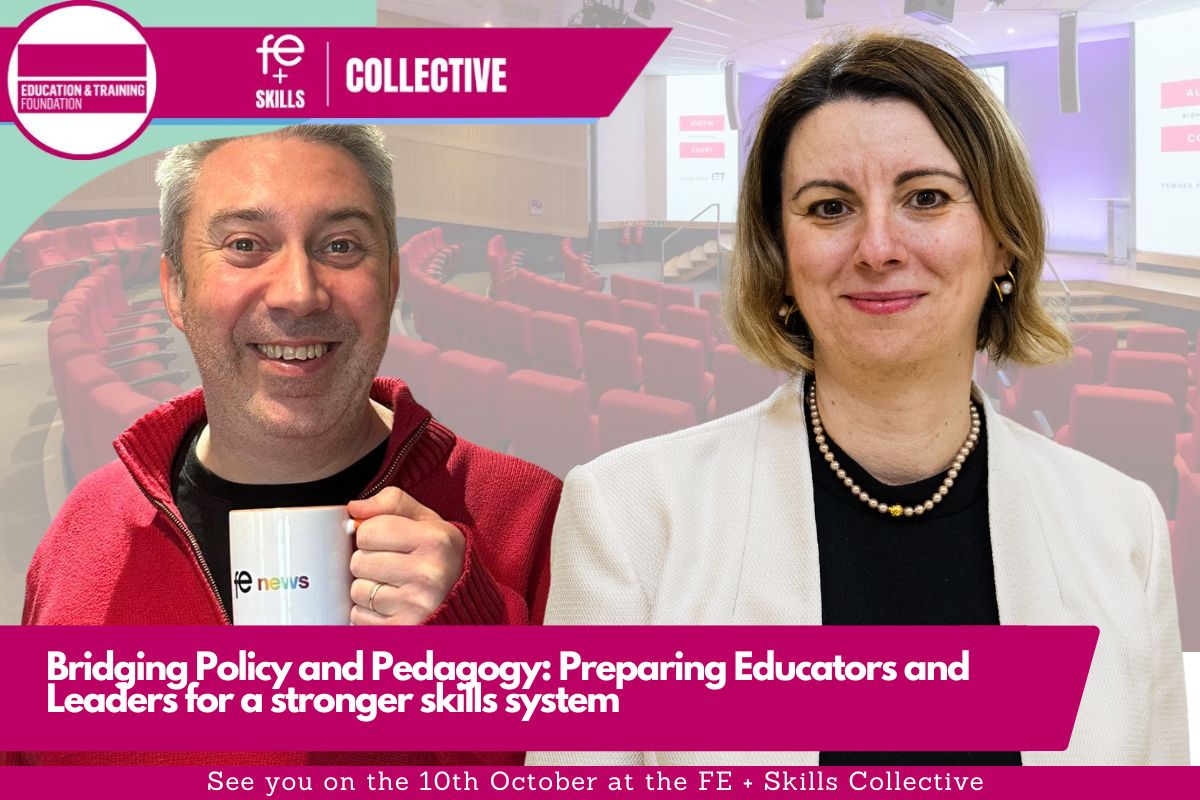UK Students are Largely Unprepared for University According to Reports

About half a million new students start university each year in the United Kingdom.
Unfortunately, UK students are largely unprepared for university according to reports.
This leads to many students dropping out in their first term because they cannot handle the massive change or the difficult material.
We’ll look at the troubling data being reported about current students by higher education admissions officers. We’ll discuss some of the factors driving this trend. And we’ll present a number of solutions that parents and students can seek.
What Reports Say about UK Students
An annual admissions survey by the higher education advisors’ conference found that all members agreed that students must be able to think and learn independently, yet 62 percent said that this was the skill most of their students lacked.
Half of admissions officers said they didn’t think students arrived sufficiently prepared for higher education. Just over a third said that school leavers were prepared for university.
Admissions officers said that students should have a good understanding of the demands of their chosen course. Almost all admissions officers said this was important or very important. Just two percent disagreed. Yet a third of admissions officers said that students didn’t understand how difficult their university program would be. Nor are they alone in this opinion.
A Higher Education Policy Institute Study found that many students had unrealistic expectations. Roughly sixty percent of students thought they’d have more lecture hours than classroom hours when the opposite is true. Two-thirds of young people thought the university would have more group work than they previously had.
A fair number of students with mental health problems failed to tell the university. One study found that only a third of incoming students would disclose it to the university they were thinking of attending. This means that many universities are not informed of pre-existing conditions and concerns. There is even debate on whether or not parents should be told about mental health issues that arise at university, though four-fifths of students said that parents should be told. Universities typically do not do this because contacting families opens up a legal minefield.
Many Students have Wrong Expectations
A university study found that many university applicants regret the subject choices that they made. A third of university applicants wished they’d chosen different A-level subjects. More than two-fifths wished they’d thought more about which subjects would help them get into university.
A number of students are unprepared to live away from parents. The survey found that poorer students were less prepared to be immersed in a sea of strangers and less prepared to build a new social circle. The poorer the students, the more likely they were to live at home.
This is understandable given that accommodation is the biggest cost for students aside from tuition fees. Studies suggest that many young people aren’t clear about the costs ahead of them. For example, when many students were asked about their finances, only half knew that rent or room and board would be their biggest expenses. Many thought that their biggest expenses would be course materials, entertainment, food or student societies.
Factors Driving This Trend
There is a huge emphasis on the quality of the student experience. There isn’t enough emphasis on preparing students to find the right experience for themselves, determining the right course of study, and getting as much out of their classes as possible.
Many students aren’t fully informed as to the rigors of college life. They expect universities to cater to them as schools had. Colleges have been asking students what they think, but they aren’t doing much to address students’ unrealistic expectations. Yet universities should be addressing the gap between expectations and reality because people who expect a different student experience will be less satisfied with their university experience. They’ll earn less, and they won’t consider university a good value for their money.
The “Google It” mentality was an often cited issue. Admission officers said that most students were unable to remember facts because they thought they could simply Google the answer. Nearly ninety percent said students couldn’t think or learn independently. And a similar number said that students couldn’t manage either their time or their workload.
Universities are ranked based on how high they set their admissions criteria, yet they complain exam pressure hurts learning.
Solutions for Parents and Students
Students need to develop their style of learning. Unfortunately, too many exam systems focus only on the subject content. They aren’t teaching students how they can maximise their ability to learn the content.
Parents and students should work together to learn how to manage their time before they hit university and take responsibility for their own schedule.
Parents, teachers, and students should consider what subjects they should take in secondary school so that they are likely to be admitted to university and prepared for those courses. Pick A-levels with both degree courses and potential jobs in mind, so that you are able to find employment after graduation. A failure to do so explains why only a third of graduates think they were getting good value for the money at university.
Students with help from parents need to do their homework on course content. They need to be honest about the difficulty of the program relative to their abilities. They need to ensure that they are able to cope with the challenges if they are to thrive and succeed. Taking assessment tests to determine your strengths is a good idea.
If someone finds themselves struggling, get help immediately so that you don’t fall behind in your courses. Signing up with good private tutoring service ensures you get the help you need when you need it, instead of competing for the limited teaching and tutoring resources that may be offered by the university.
Tutors are available in almost every subject, whether you need tutoring in chemistry or calligraphy, trigonometry or French. Services like Superprof connect students with qualified tutors who can meet with you when you need help, while you retain full control over the tuition payment, scheduling, and communication with the tutor. And they support online tutoring so that you can get help on your schedule without even having to leave home.
Mental Health
Students need to inform the appropriate people at the university if they have mental health problems so that they can receive support. There is a debate about whether or not parents of students should be informed of students’ mental health problems at university. It is wise for students and parents to maintain lines of communication so that parents aren’t caught unaware if something happens.
Families should discuss the total cost of college with students. Planning on how to pay for college can ensure that students are able to complete their course of study. It is better to choose a school that lets you live at home than drop out for lack of money. There should also be a discussion about the return on investment of the degree program. University is a good return on investment when you choose the right degree. You could save your child from a lifetime of regret by choosing a degree based on a whim or because it was popular only to find they can’t earn a living from it.
Conclusion
The majority of admission officers say students are unprepared for college, and many current and former students agree. There are steps parents and students can take to close the gap and maximise their odds of graduating while waiting for policies to change.










Responses